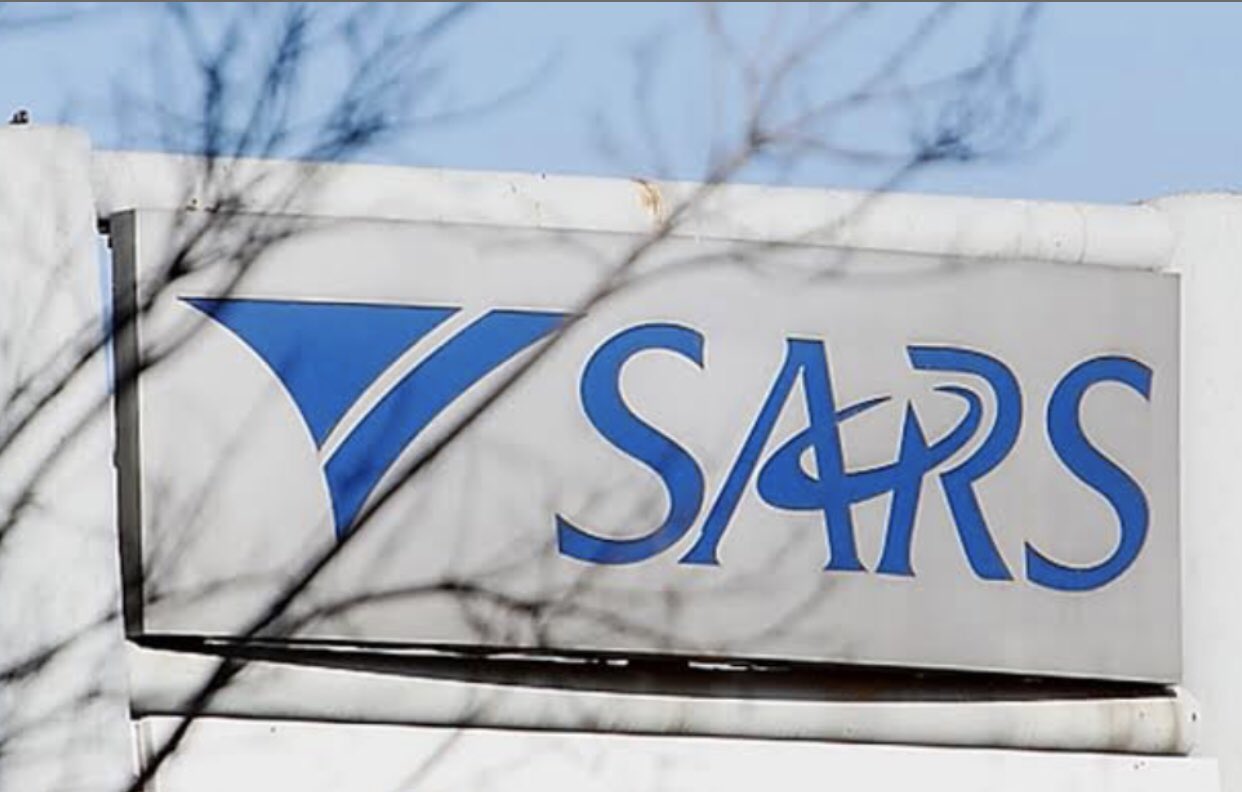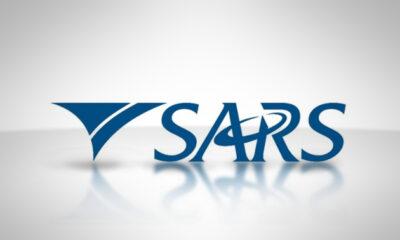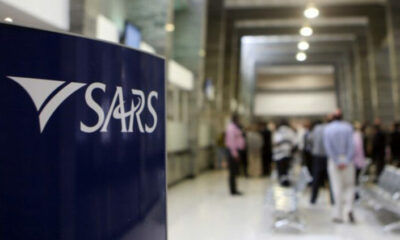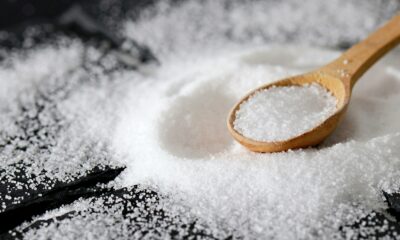Business
SARS Turns Up the Heat on Sugary Drink Makers Despite Sugar Tax Freeze

Why the sugar tax may be on hold but the taxman’s focus isn’t
If you thought South Africa’s sugar tax was quietly fading into the background, think again. The Health Promotion Levy, better known as the sugar tax, hasn’t seen an increase for three years running. But that doesn’t mean the South African Revenue Service (SARS) has taken its foot off the pedal. Quite the opposite.
While the sugary beverages industry worth a whopping $3.25 billion continues to fuel jobs and commerce across the country, SARS is zeroing in like never before, ramping up audits and investigations targeting manufacturers. This signals a shift from past years when alcohol and tobacco industries got the bulk of the taxman’s attention.
SARS’s New Focus: Not Just About Raising Rates
The 2025 National Budget didn’t bring a hike in the sugar tax, leaving the levy at its current level of 2.1 cents per gram of sugar above 4 grams per 100ml. This modest tax pushes prices up by roughly 8%, well below the World Health Organization’s recommended 20% hike for meaningful health impact.
Yet, behind the scenes, SARS is working hard to tighten the screws on compliance. The tax agency set an ambitious revenue target of R2 trillion for the 2025/2026 fiscal year, and with traditional revenue sources like VAT hitting political roadblocks, they’re focusing on indirect taxes — including excise duties and the sugar levy.
What’s Sparking the Sudden Surge in Audits?
Legal experts at Shepstone & Wylie Attorneys highlight that SARS has shifted from a “wait and see” approach to actively investigating sugary beverage manufacturers.
They’re checking if businesses that use more than 500kg of sugar annually are properly registered, making sure all sugary products from fizzy drinks to flavoured milks and even drinking yoghurts are accounted for in levy declarations.
Why does this matter? Underreporting or misclassifying products can lead to hefty backdated levies and penalties. Even contract manufacturers working outside licensed facilities are under the microscope, as SARS tries to close loopholes that let companies dodge tax obligations.
Another area raising eyebrows is the use of outdated certificates for verifying sugar content. If labs aren’t up to date, levy payments may be undervalued a costly mistake under audit.
The Bigger Picture: Balancing Public Health and Economic Realities
The sugar tax is more than just a revenue stream. Introduced in 2018, it was designed to combat South Africa’s growing health crisis linked to sugar consumption, from diabetes to obesity. Despite its modest impact on tax revenue bringing in just over R2.3 million in 2024 the levy remains a critical part of the government’s public health toolkit.
Yet, the steady decline in collections over the past five years raises questions. Is the drop due to beverage companies reformulating recipes with less sugar? Or is it the result of powerful lobbying efforts softening enforcement? Some say it’s a mix of both, compounded by a history of inconsistent SARS oversight.
What This Means for Businesses and Consumers
For manufacturers, the message is clear: Prepare for tougher scrutiny. The audits could expose financial risks for companies not fully compliant with the levy’s complex regulations.
Consumers might not feel the tax’s pinch directly, but the increased focus reflects the government’s dual priorities—raising vital revenue while nudging the nation toward healthier choices.
Social media conversations echo these mixed feelings. Many applaud the focus on public health, while others question whether more effective enforcement will translate into real change or simply become another regulatory burden on businesses already facing economic pressures.
A Fresh Look at South Africa’s Sugar Fight
South Africa’s sugar tax story is far from over. SARS’ intensified enforcement may hint at a new chapter—where compliance takes centre stage even without new rate hikes. For an industry so deeply woven into the country’s economic and social fabric, this crackdown could reshape the playing field.
And for South Africans, this means watching closely as the taxman tightens the net, a reminder that health and tax policy are still very much intertwined in the nation’s ongoing battle with sugar.
If you work in the sugary beverages sector or are interested in the intersection of public health and tax policy, now is the time to stay informed and compliant. SARS is watching, and the stakes have never been higher.
{Source: BusinessTech}
Follow Joburg ETC on Facebook, Twitter , TikTok and Instagram
For more News in Johannesburg, visit joburgetc.com



























